MCW Student Seeks to Advance Health Equity Through Real Estate
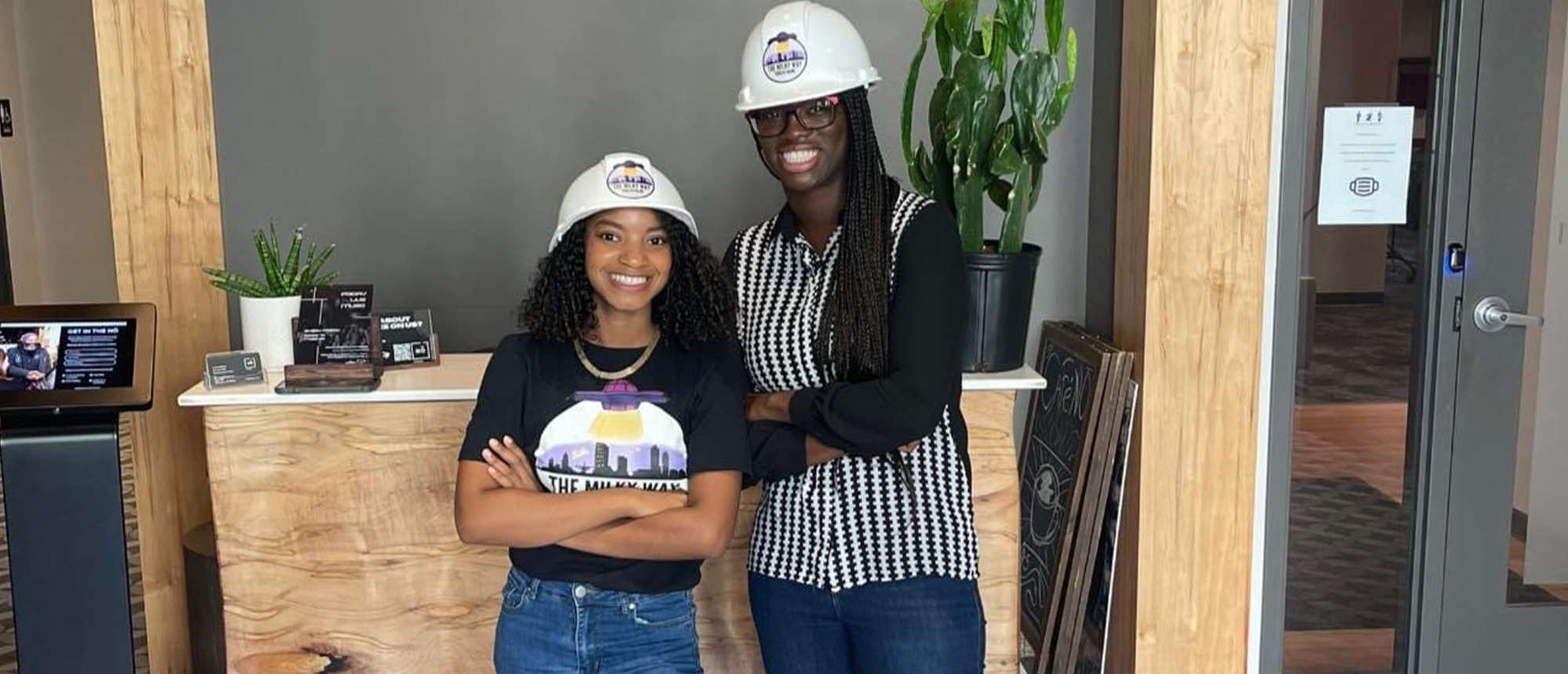
Medical College of Wisconsin (MCW) graduate student Oby Nwabuzor strongly believes that a shift in the built environment – which encompasses the buildings we live in, the distribution systems that provide us with water and electricity, and the roads, bridges and transportation systems we use to get from place to place – will lead to advances in health equity.
“In Milwaukee, there’s a 12-year life expectancy gap between 53206 [ZIP code area] and the Bayshore Mall area, a five-minute drive,” she shares. “Real estate and the built environment can help mitigate those gaps.”
Real estate and the built environment refers not just to physical buildings, but also includes supporting infrastructure, including spaces where people interact and receive goods and services.
Nwabuzor wants to push boundaries in the field of real estate to help create built environments that spur economic development through improving the quality of life and increasing life expectancy.
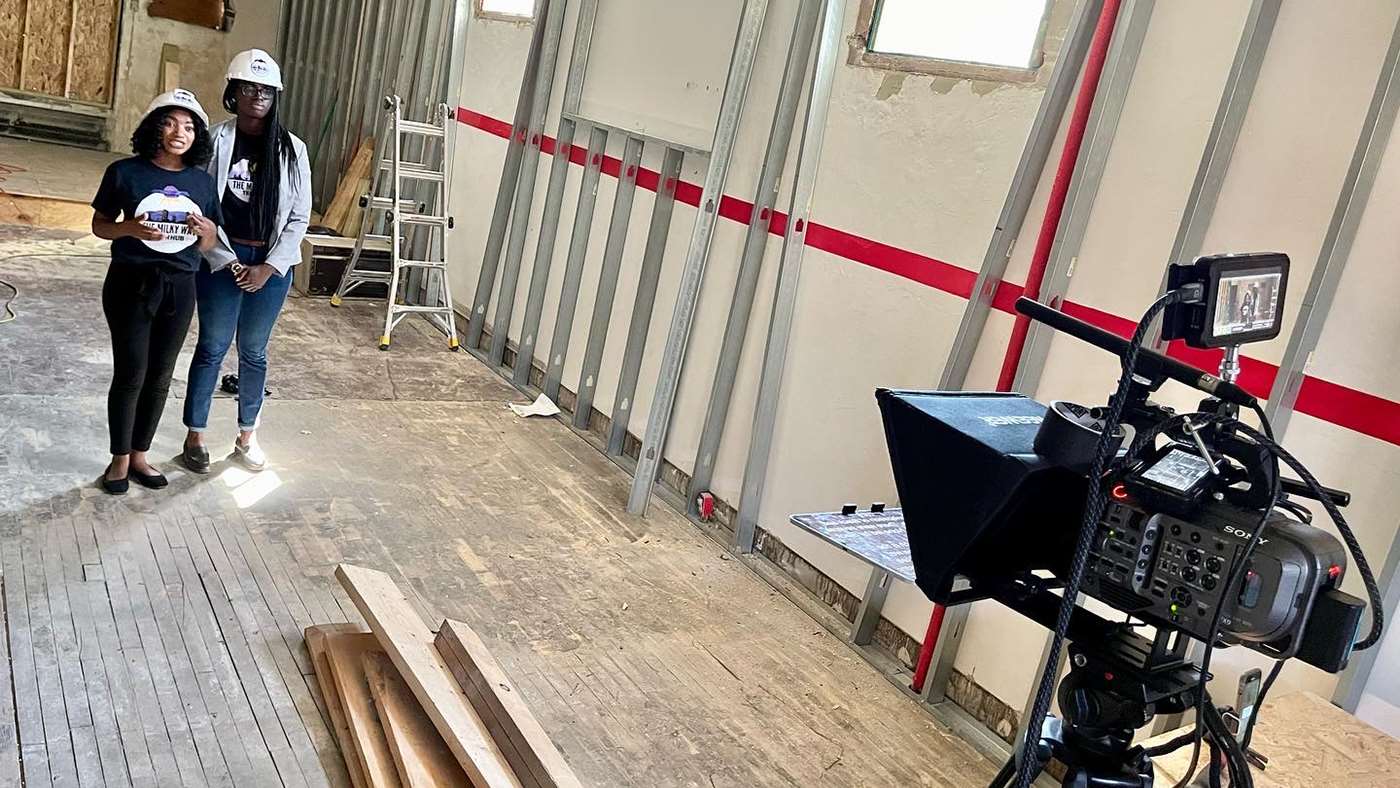
Envision Growth Addresses Milwaukee Health Disparities
With that vision in mind, the first-year graduate student and Milwaukee-native founded Envision Growth in 2019. The firm focuses on projects that create a positive community impact in neighborhoods that face challenges.
“I look at building healthy people and communities through urban regeneration,” Nwabuzor explains. “Regenerating what we already have – whether that’s land, whether that’s dilapidated properties, whether it’s neglected properties – and regenerating that to have a good community impact.”
She wants developers to do their due diligence before they begin a new project to ensure that factors such as access to food, health care, education and housing impact the types of developments created.
“We need to look at these projects with an equity lens and with an understanding of the social determinants of health,” Nwabuzor says.
Her firm’s first project is the co-development of the Milky Way Tech Hub in the Sherman Park neighborhood. The hub will include a co-working area, lounge, conference room and an auditorium to serve as a space where visitors can innovate and collaborate to create opportunities to spur economic advancement and innovation in the STEM fields, among other uses. Her team is currently moving forward to the next phase of that project with support from a City of Milwaukee White Box Grant.
Diversity, Equity, and Inclusion Through Leadership
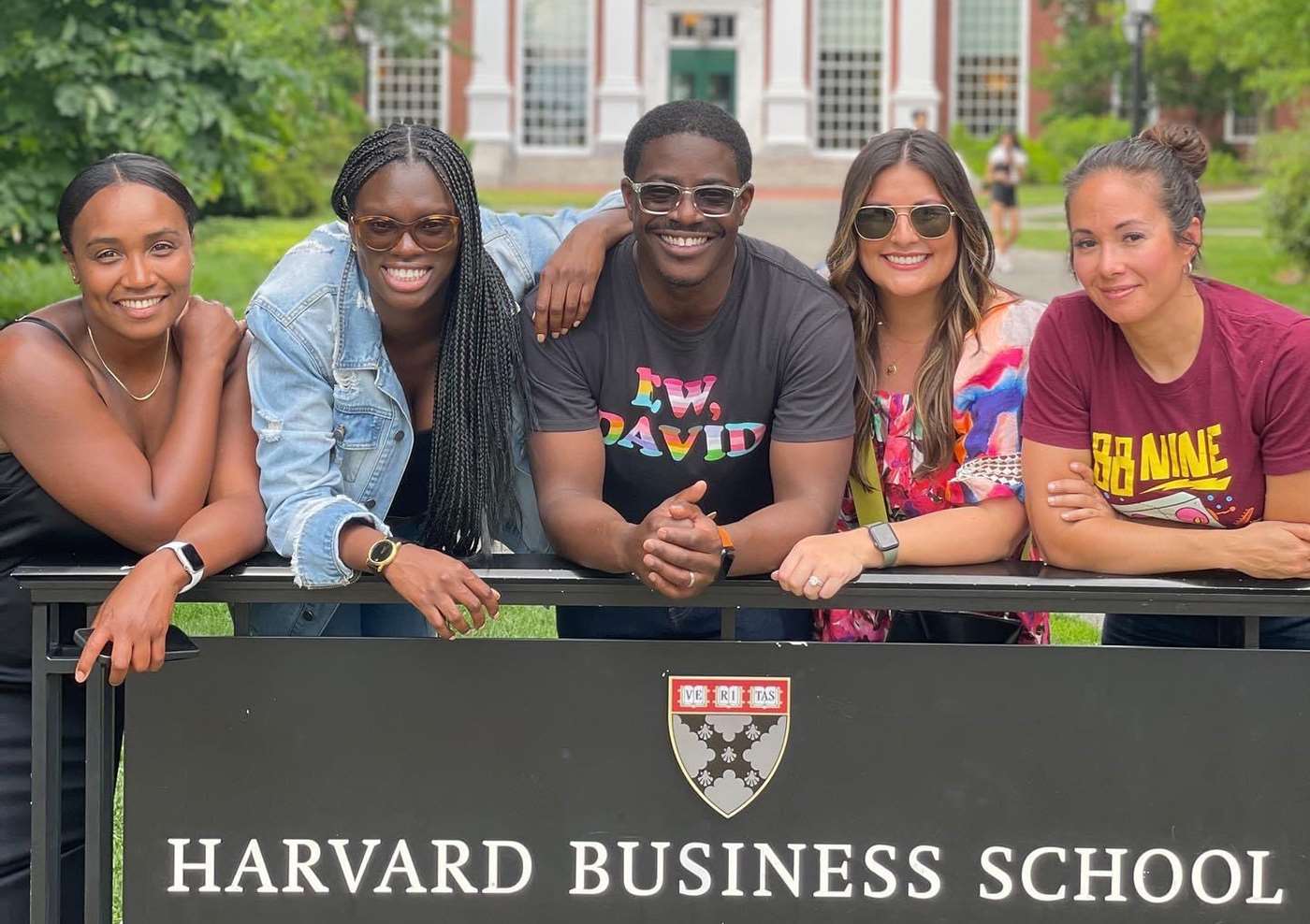
That development is just one of the many examples where Nwabuzor has used her talents to improve the city she grew up in. In addition to her studies and work on other projects, Nwabuzor is now the director of diversity, equity & inclusion for Landmark Credit Union. She is also an alumna of the prestigious Associates in Commercial Real Estate Program (ACRE) at Marquette University, received a certificate in commercial real estate from Cornell University and completed the Young American Leaders Program at Harvard University.
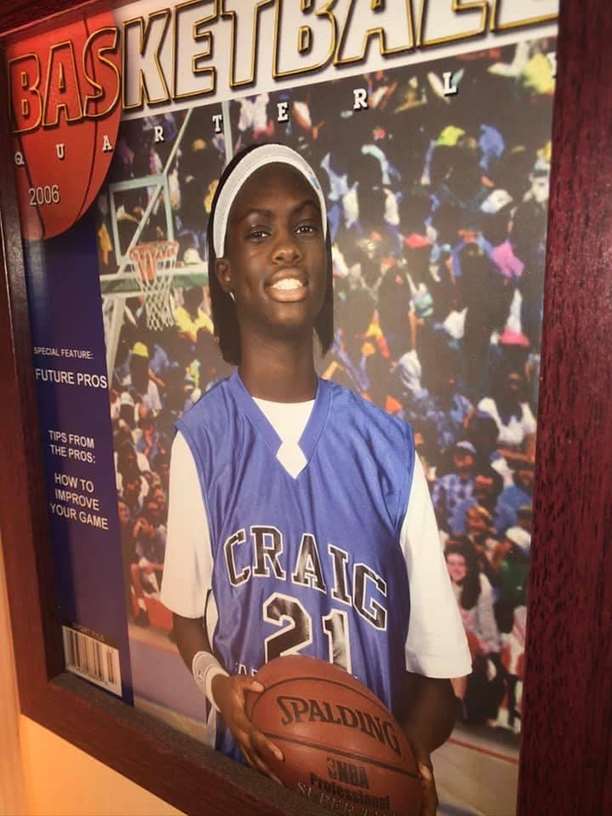 Much of her career so far has been spent as an advocate with nonprofits, a facilitator of strategic partnerships and in community development, but it almost didn’t happen that way. Nwabuzor, who played basketball competitively from the third grade into high school at Rufus King, tore a ligament in her ankle her sophomore year. The injury left her in a boot and crutches and led her to seek a career as an athletic trainer or physical therapist.
Much of her career so far has been spent as an advocate with nonprofits, a facilitator of strategic partnerships and in community development, but it almost didn’t happen that way. Nwabuzor, who played basketball competitively from the third grade into high school at Rufus King, tore a ligament in her ankle her sophomore year. The injury left her in a boot and crutches and led her to seek a career as an athletic trainer or physical therapist.
But God had other plans for her, she says. Her faith, passion for helping others and budding interest in real estate brought her to MCW, where she is examining the intersection between health and real estate as part of her doctoral studies.
Of particular interest to her are three areas she believes are integral to the creation of a healthier and more equitable real estate ecosystem: access, affordability and quality.
“How do we ensure that when we’re developing or sourcing for developments, that we’re looking at these three areas?” Nwabuzor questions. Examples of how to address these factors in a built environment include partnering with local health systems and insurance companies to improve access, ensuring environmental equity and working with others to procure investments and the availability of other wraparound services, she said.
The goal is to make the healthy choice the easier choice for residents and others in neighborhoods, similar to Blue Zone Projects. Nwabuzor feels that MCW is the ideal place for her to learn how to push those boundaries. The school, she says, has a rich academic and research base, a long history of public-private sector partnerships and strong community engagement. She’s also thankful for the faculty and others at MCW who have supported her vision.
“Their leadership and the work they do in the community reflects that they see that great things can happen there, but they’re also willing to shake things up and be innovative,” she shares. “That’s essential.”
As far as where she’ll end up after she completes her studies, Nwabuzor says she’s going to let the Lord guide her path.
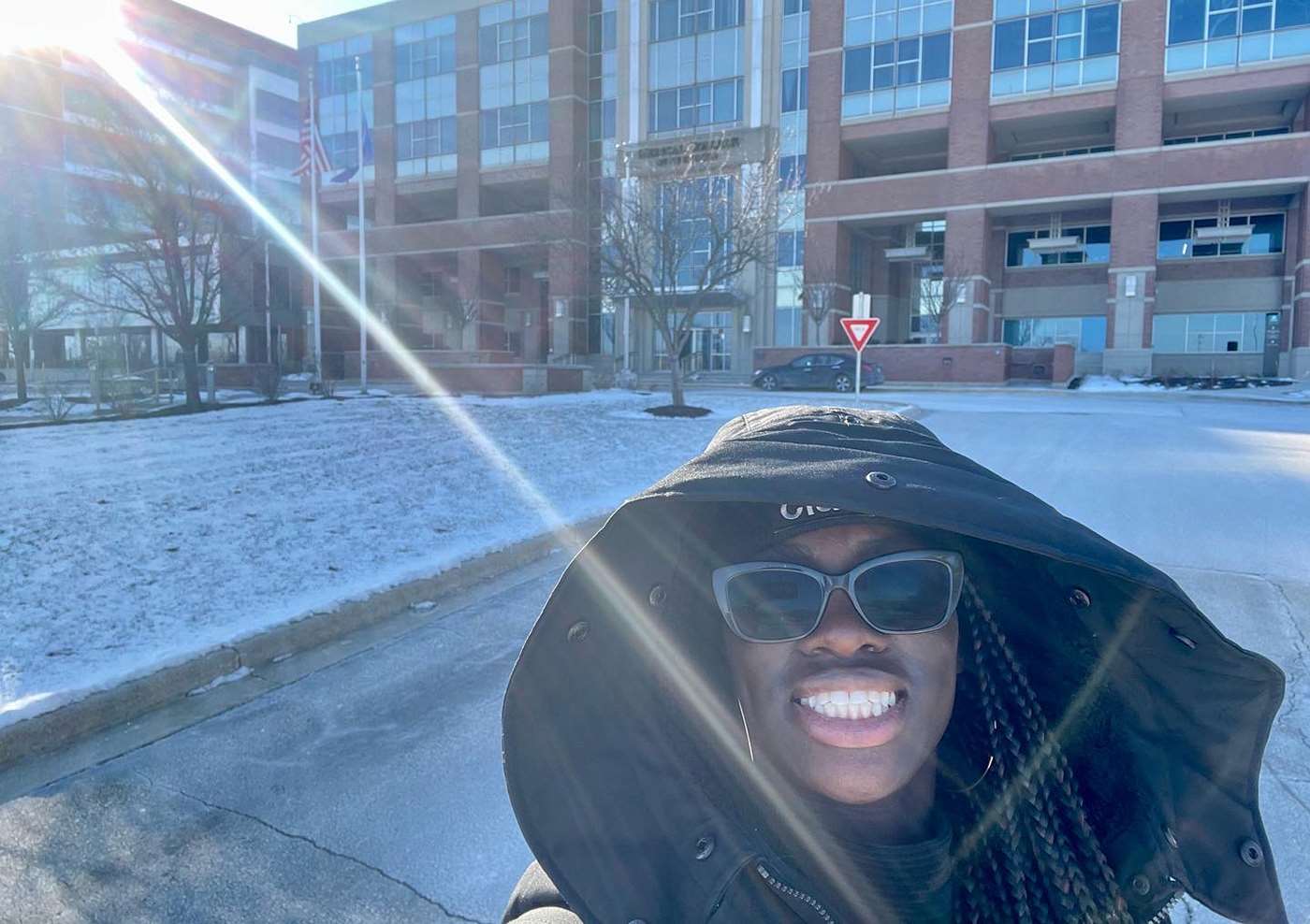
“I haven’t gotten a signal to leave,” she says. “I let God lead me in where I need to be and how I need to fit in the midst of what needs to change.”
Regardless, Nwabuzor says she’ll always look out for the city she loves.
“I want to see and be a part of some transformative change here locally,” she shares. “My hope is that others see the vision and are willing to be a part of the vision too.”



